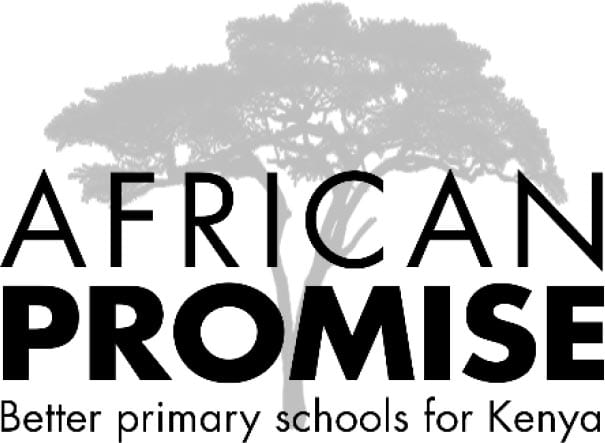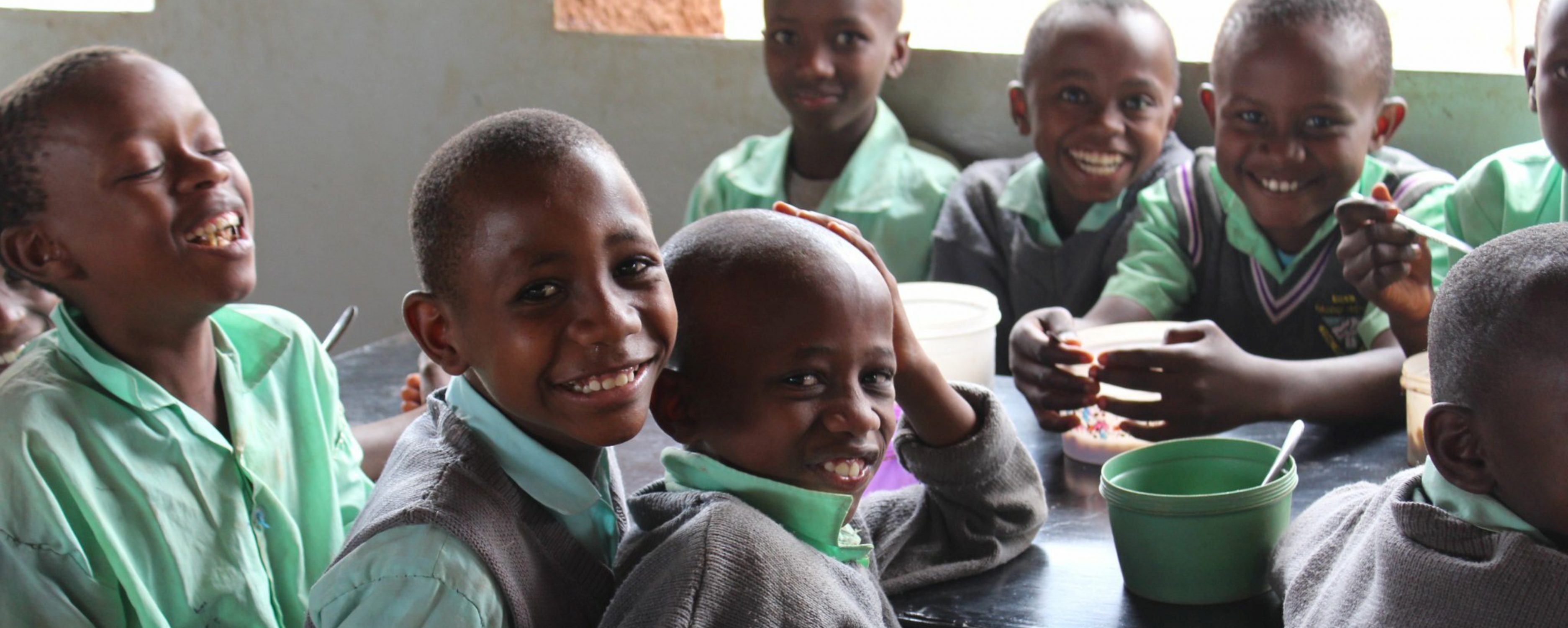In 2022 we continued to ensure that every child across our partner schools in Kenya received a daily term-time lunch, providing food for more than half a million meals.
Despite significant increases in the price of all food items that constitute this meal we were able to do this without permanently reducing portion sizes at a time when – owing to continued drought and high cost-of-living – for far too many of these children it has been their only guaranteed wholesome meal of the day.
In all during the year we provided some 74,000+ kilos of dried foodstuffs (maize, rice and beans) for approximately 525,000 meals at a cost of just under £52,000.
This was significantly more than the £38,779 we had originally budgeted but we are not immune to changes in the price of foodstuffs and the overall cost of food was around 50% more at the end of the year than it was at the beginning.
Following the introduction of the programme at our latest partner school at Mkamenyi Primary in April (where previously – albeit not for some time – only those few children whose parents could send them to school with food had benefited from a lunchtime meal) we now provide food for a daily lunch for 3,000 children across our eight partner schools.
There is significant uncertainty about the cost of the programme in 2023 given the local and global factors currently impacting the price of food. Our current forecasts range from a low of £44,630 based on the 3-year food price average to a high of £63,176 based on current prices!! We hope it will be somewhere in between but clearly it is more likely that it will be nearer the top end and there is the possibility it will be even more given recent trends.
However we move into 2023 with £40,000 in funding already secured and commitments worth a further £10,000 so we are confident that we will continue to be able to provide a daily lunchtime meal for every child throughout the year without having to adjust portion sizes, and thereby helping to ensure that hunger does not act as a barrier to learning for disadvantaged children in this part of the world.


